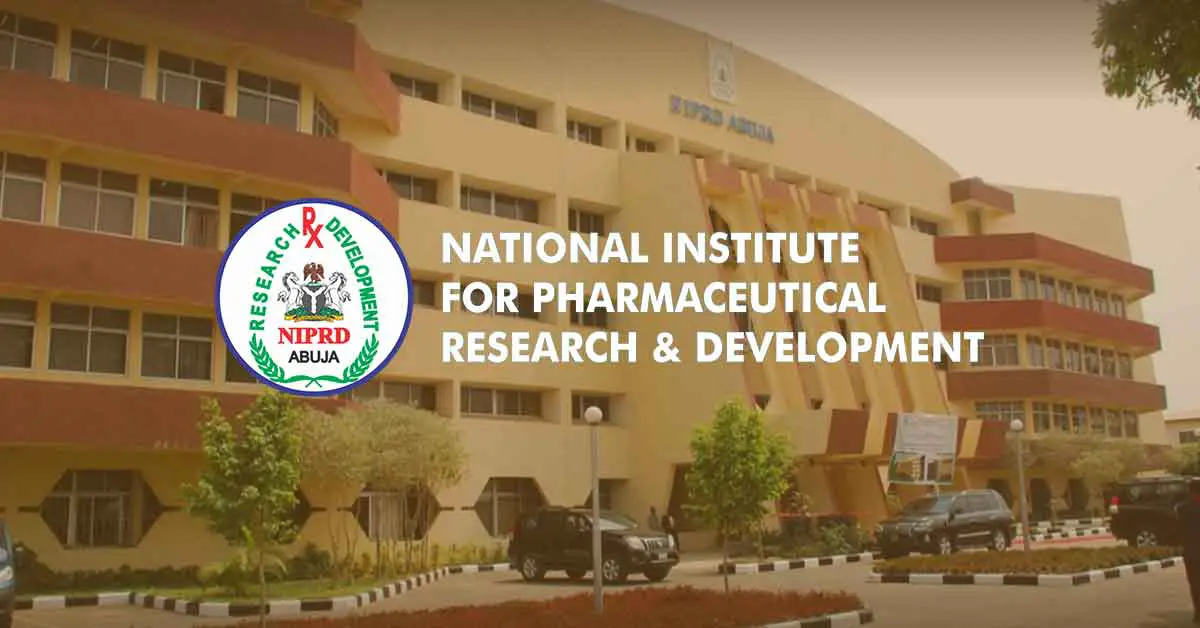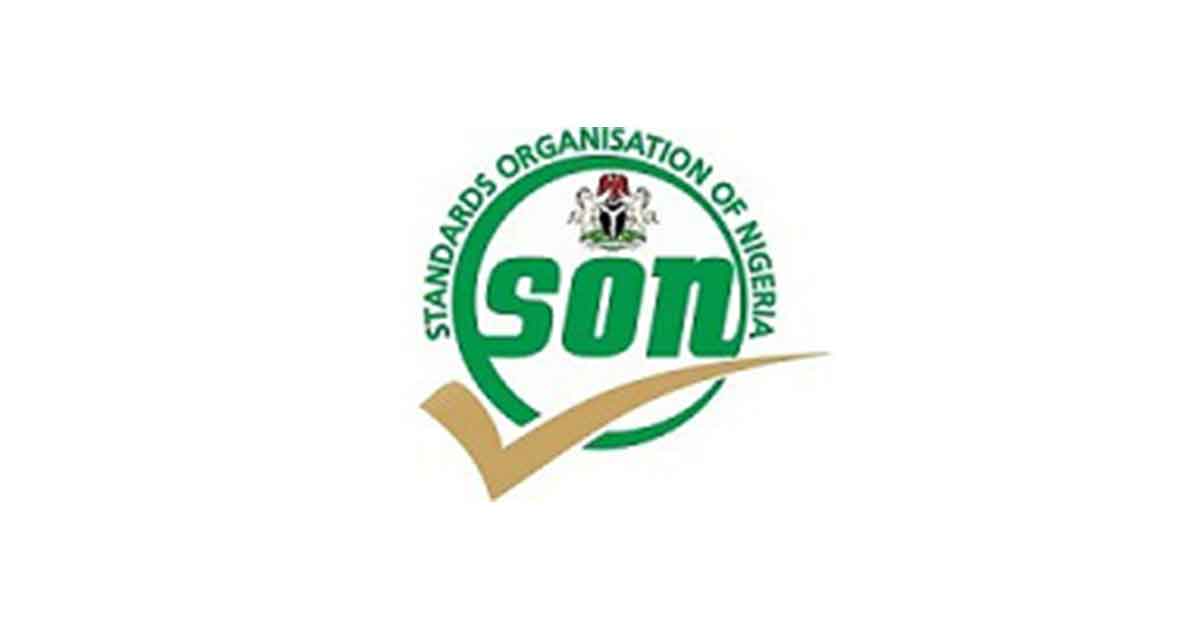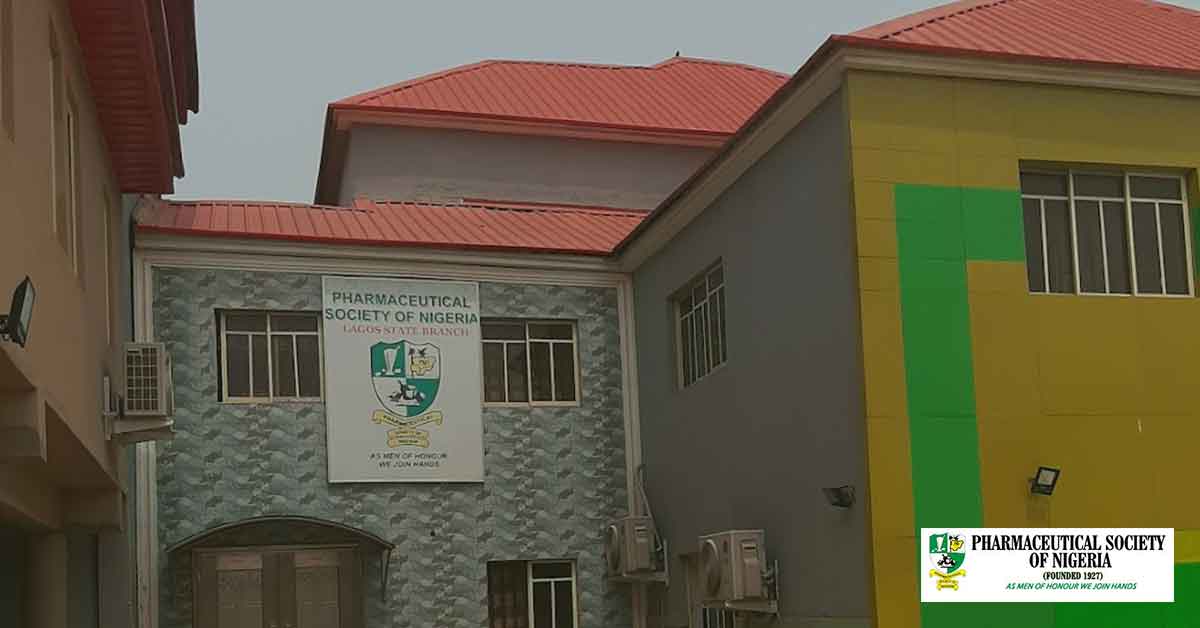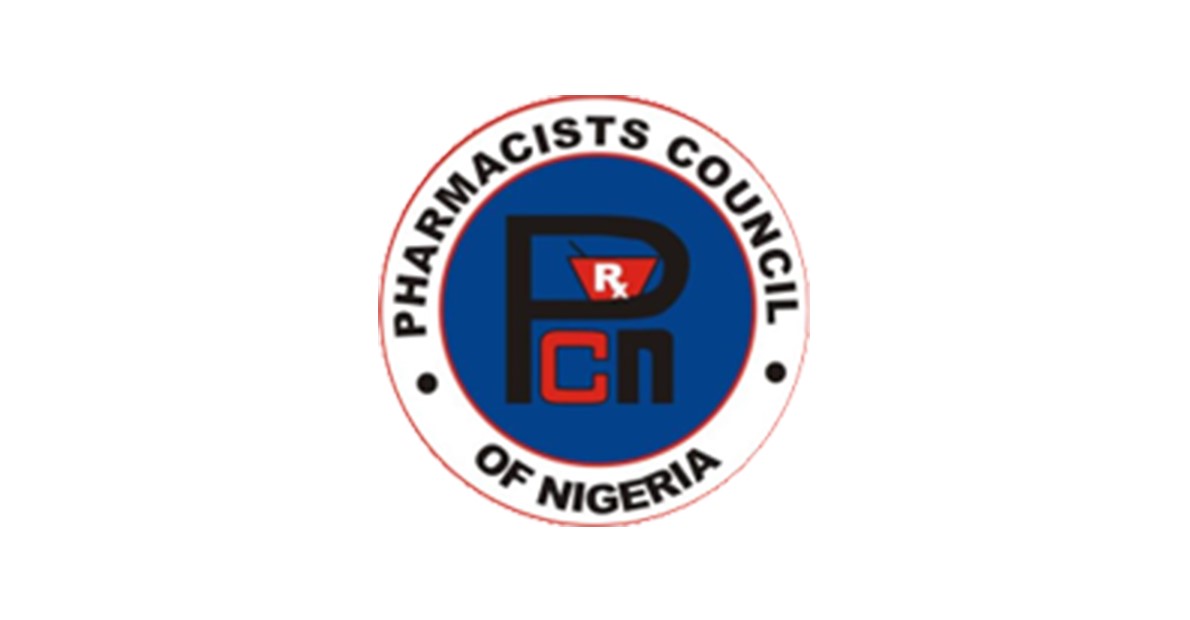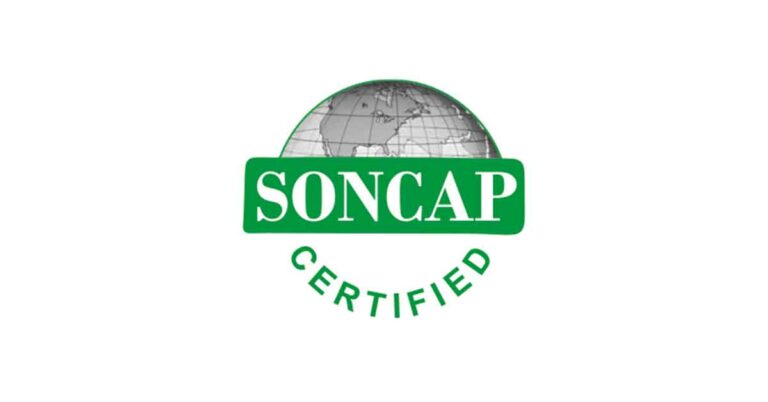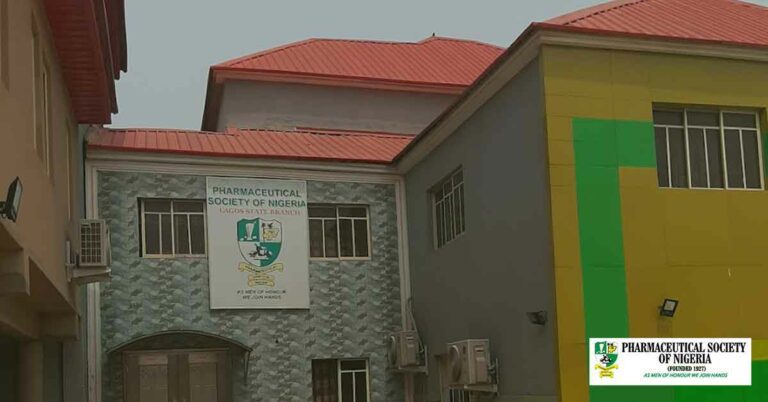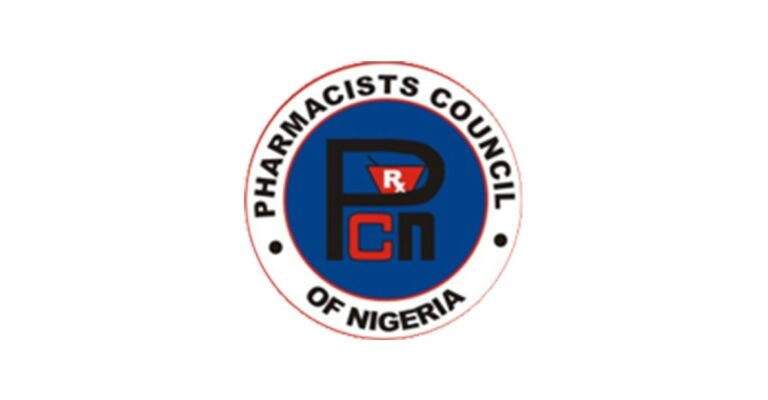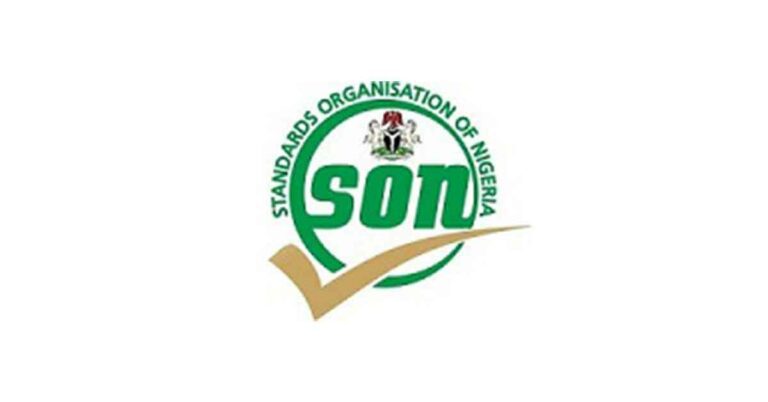NIPRD stands for the National Institute for Pharmaceutical Research and Development. It is a Nigeria Research and Development institute and is part of the healthcare system. At the inception in 1987, the agency was placed under the Ministry of Science and Technology (Government Order No. 33 Vol. 74 of 11th June 1987 Part B under the Science and Technology Act Cap 276).
The institution became functional in the year 1989. In 2001, the administration of President Olusegun Obasanjo moved it to the Ministry of Health (FMoH) as one of the parastatal.
The vision of NIPRD is “To build a Centre of Excellence in research and development of phytomedicines, pharmaceutical and biological products, drugs and diagnostics towards improving the health and well-being of mankind.”
NIPRD has the International Organization for Standardization accreditation (ISO/IEC 17025) as well as the Standards Organisation of Nigeria (SON) certification (ISO 9001:2015). The certification was given by the U.S.-based ANSI-ASQ National Accreditation Board. This enables the body’s laboratory to carry out quality control tests for medicines, food, cosmetics, herbal product, agricultural products that will be accepted globally.
USAID funded the Promoting the Quality of Medicines (PQM) program that trained NIPRD staff on pharmaceutical testing, thus paving the way for the ISO certification. The certification empowers NIPRD to carry out six (6) duties and procedures, such as:
- Quality-assurance testing (high-performance liquid chromatography (HPLC) to separate and determine each component in a formulation)
- pH testing (determine alkalinity or acidity)
- Loss on drying (moisture content)
- UV-visible spectrophotometry (check product stability)
- Dissolution testing (detects physical changes in pharmaceuticals)
- Uniformity of dosage unit testing (consistency of content of tablets, capsules etc)
The current Director General/Chief Executive of NIPRD is Dr Obi Adigwe (correct as of Feb. 2022). The institute has an official website, and primary location in Abuja.
Dr. John Alfa is the chairman, NIPRD governing board. The governing board is made up of:
- The Chairman
- Member, Representing the Federal Ministry of Health (FMOH)
- Member, Representing the Pharmaceutical Manufacturers Group of Manufacturers Association of Nigeria (PMG-MAN)
- Member, Representing the Pharmaceutical Society of Nigeria (PSN)
- Member, Representing the Traditional Medicines Practitioners (TMPs)
- Member, Representing the Federal Ministry of Science and Technology (FMST)
- Member, Representing the Federal Ministry of Science and Technology (FMST)
There are ten (10) units under the DG: ten (10) Units. The units are:
- Audit,
- Planning, Monitoring & Evaluation,
- Legal,
- Protocol/Public Relation,
- Procurement,
- Library, Information & Documentation Services,
- NIPRD Research Clinic,
- Information & Communication Technology,
- SERVICOM,
- Consultancy Services.
There are five (5) technical departments, usually with many units under each department:
- Department of Microbiology & Biotechnology (MB&BT)
- Department of Medicinal Chemistry & Quality Control (MC&QC)
- Department of Medicinal Plant Research & Traditional Medicine
- Department of Pharmacology & Toxicology (P&T)
- Department of Pharmaceutical Technology & Raw Materials Development (PT&RMD)
The laboratories report directly to the DG. The two laboratories are the Central Laboratory Facility (CLF) and the NIH/NIPRD Laboratory.
Duties and Functions of NIPRD
- NIPRD has a primary function of developing medications, vaccines, phytomedicines, diagnostics, biological products and other pharmaceutical products through R & D (Research and Development).
- Carry out clinical research on newly discovered therapeutic agents.
- Conduct quality assurance test in its laboratory for locally sourced raw materials and finished pharmaceutical products.
- Carry out investigation in the evaluation, purification, preservation, standardization, rational and safe use of traditional medicine.
- Quality assessment of both orthodox and traditional medicine, and the raw materials
- Set standards and specification for the manufacture of pharmaceuticals in Nigeria.
- They help to train their staff and other research centres in Nigeria through workshops, fellowships, etc.
- Serves as the reference research centre for works on biopharmaceutics, nutraceuticals and pharmaceuticals.
- Carry out research and development into pharmaceutical biotechnology, nutrition, cosmetics and environmental science.
- They also store and stabilise imported and locally produced pharmaceutical agents.

